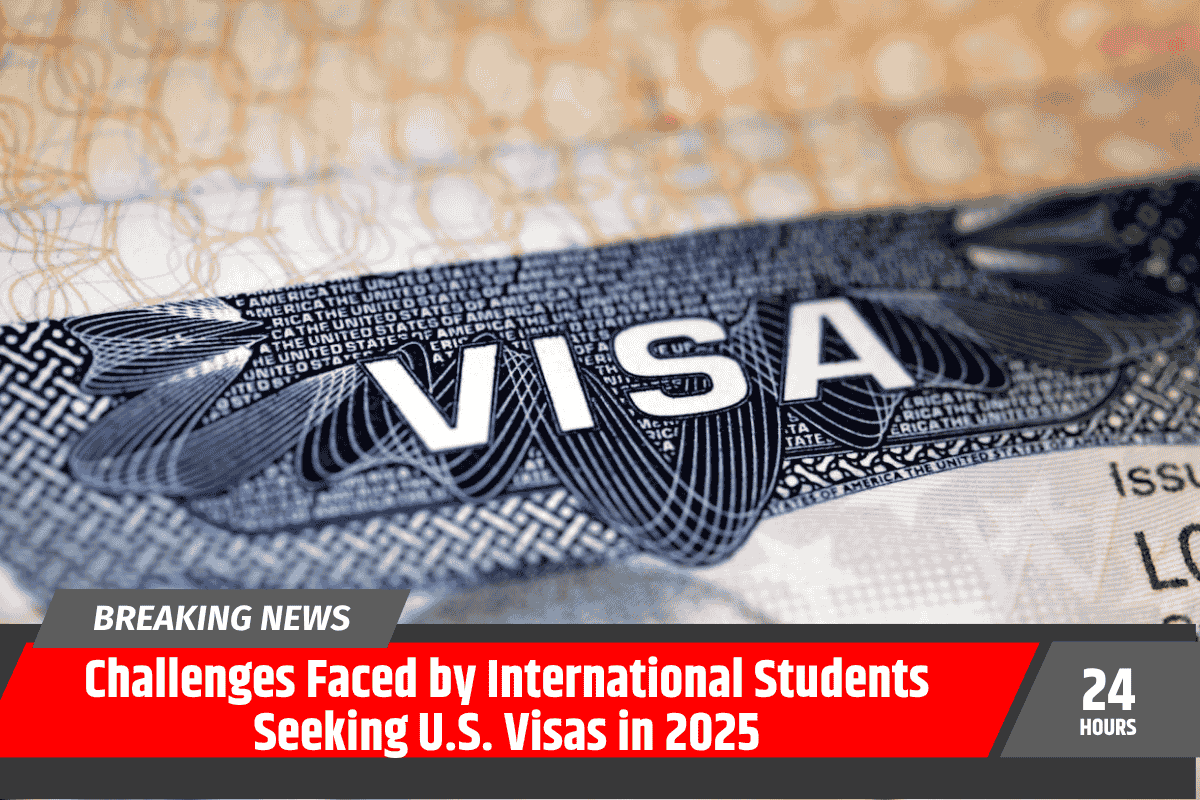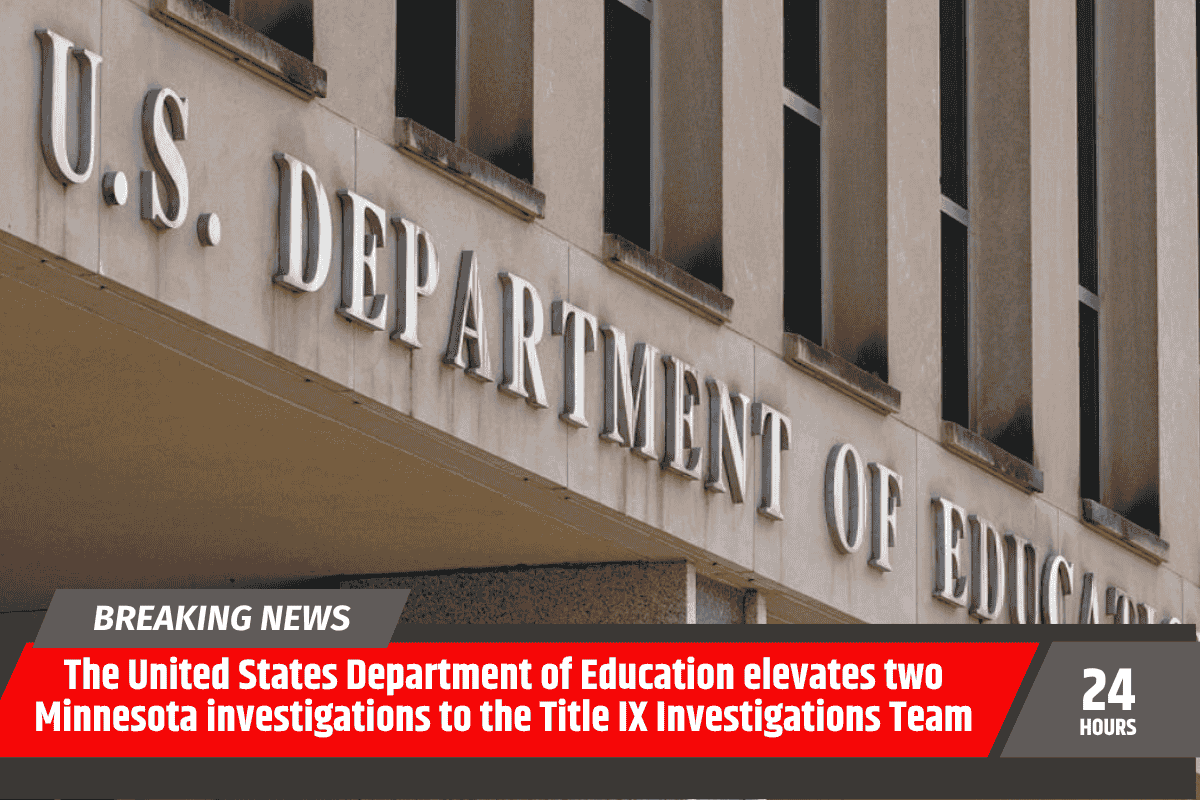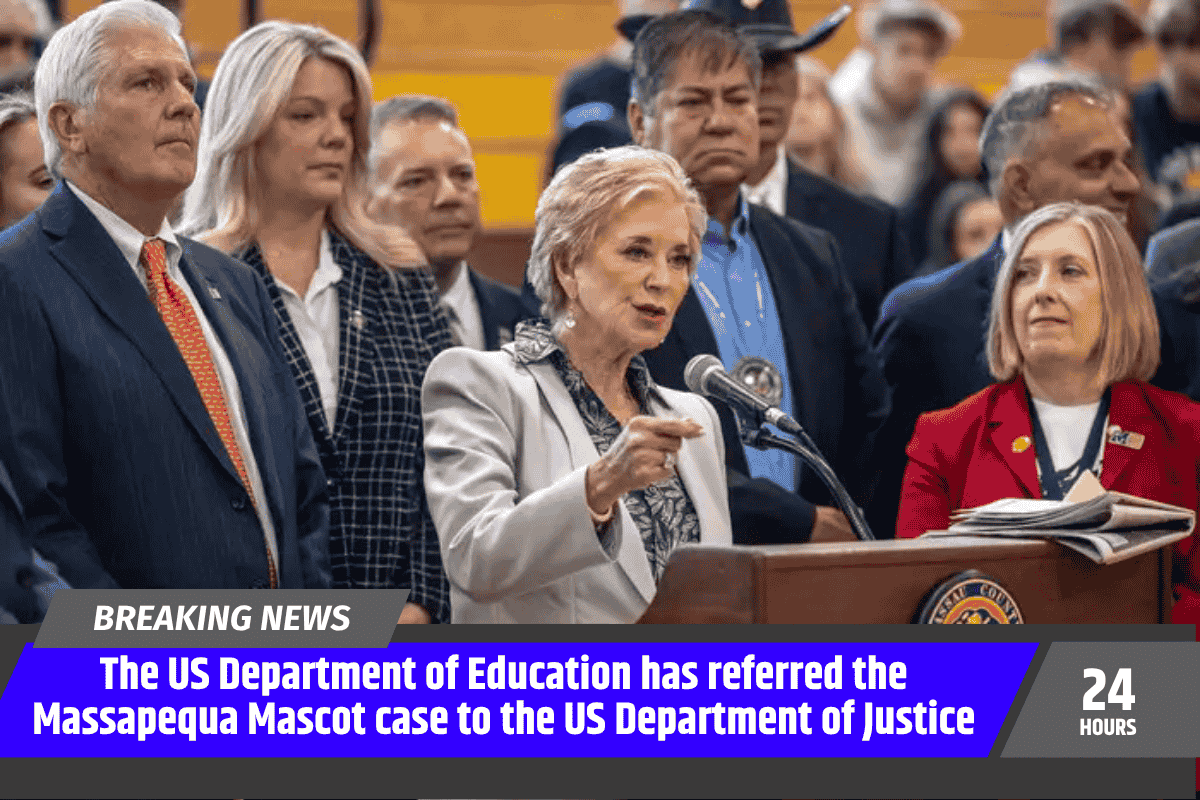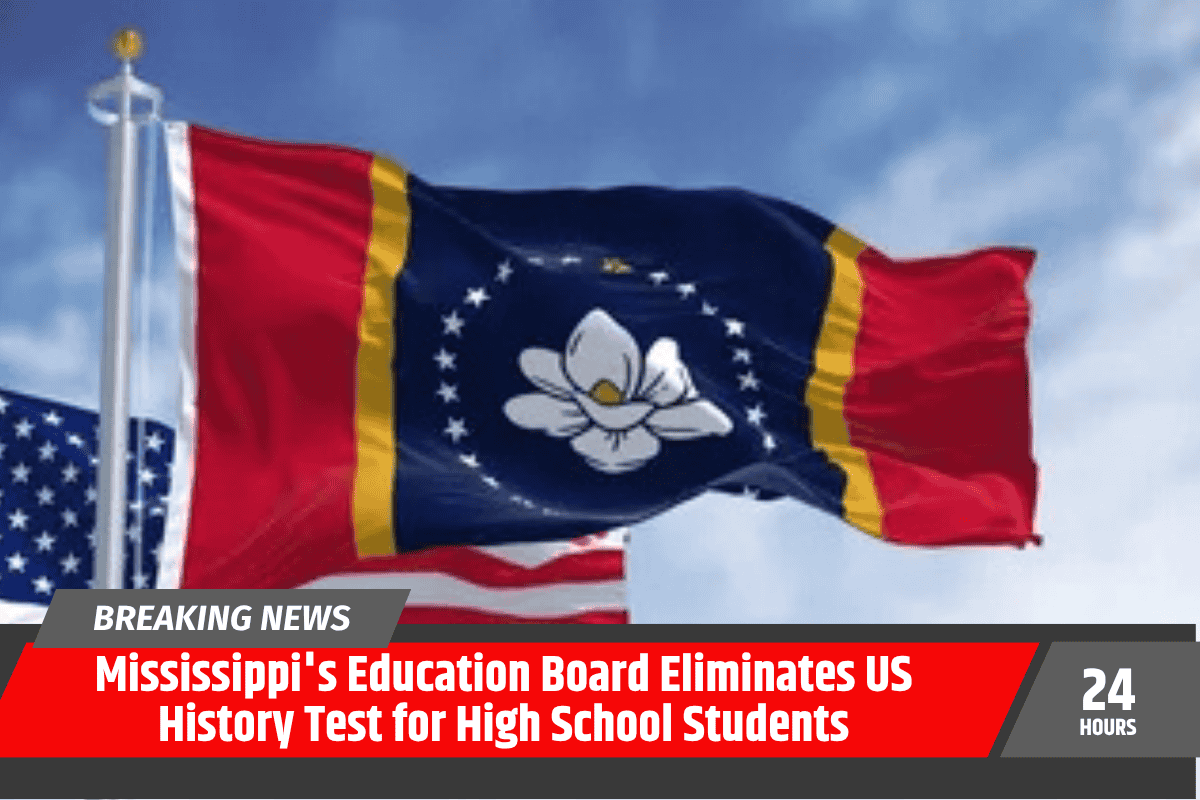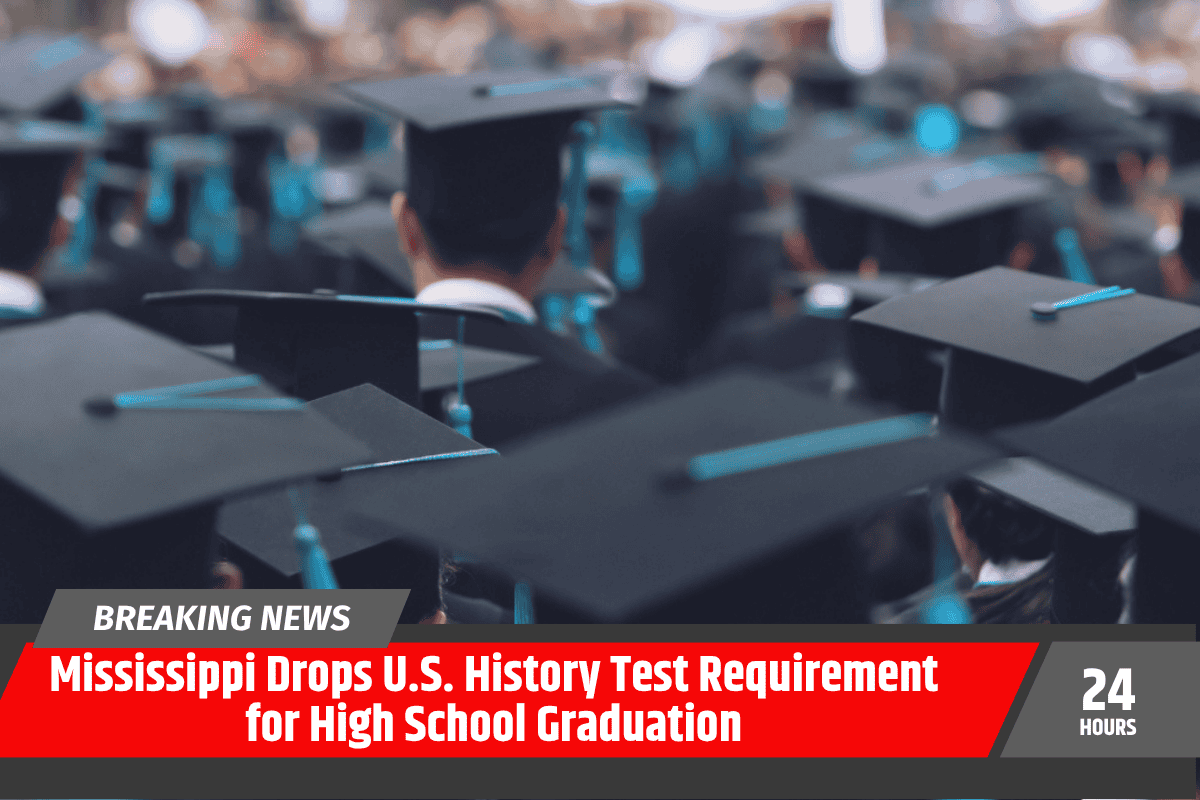International students who plan to study in the United States in 2025 are encountering unprecedented challenges.
As of mid-June, U.S. embassies and consulates have paused almost all new student visa interviews globally, creating major disruptions for thousands of students.
This freeze has now lasted for over four weeks, with no clear end in sight, leaving many students uncertain about their academic future.
Visa Appointment Freeze: What Does it Mean for Students?
The pause in student visa interviews has affected students from all around the world, especially those hoping to begin their studies in the fall of 2025. Many students who were hoping to get F, M, or J visas now face the prospect of delays, with no guarantee of an appointment in time for the academic year. This is particularly frustrating as universities and colleges have specific timelines for student arrivals.
New Travel Ban Complicates the Situation
To make matters worse, a new U.S. travel ban has been imposed on students from six countries, including Nigeria and Sudan.
This ban restricts both new visa issuances and re-entry for students already in the U.S.
The impact of this ban has been severe, as students from these nations are now unable to apply for student visas or return to the U.S. for their studies.
Delays in Visa Appointments: The Global Crisis
Delays in student visa appointment availability are also becoming a major issue. Countries in South Asia, the Middle East, and parts of Africa are experiencing particularly long wait times, making it difficult for students to secure interviews.
For students who had already scheduled appointments, many have faced cancellations or indefinite postponements, adding to their frustration and uncertainty.
Heightened Scrutiny and Political Influence
In addition to logistical issues, political concerns are now affecting international students.
Harvard University became a focal point earlier this year for government scrutiny over foreign influence, which has potentially influenced how consular officers assess students’ intentions and affiliations.
This has created an atmosphere of caution and uncertainty, especially for students who may be directly or indirectly impacted by these political concerns.
The Impact: What Students Are Facing
For students hoping to begin their studies in the U.S., the current situation is quite alarming. Many students may have to defer their admissions or even abandon their plans entirely.
Students from countries with the travel ban are facing the toughest challenges, as they are blocked from applying for visas unless they already had one issued before June 9.
In addition, students from countries like Malaysia are seeing scholarship programs suspended due to the unpredictability of the visa process.
Steps Students Can Take
Despite these challenges, there are several things students can do to stay informed and improve their chances of securing a visa. Here are some steps students can follow:
- Stay Informed: Regularly check U.S. embassy and consulate websites for updates on visa appointments and interview resumptions. Universities may also provide updated information.
- Coordinate with Universities: Reach out to university international offices for support. They may offer deferral options or guidance on online learning.
- Prepare Documents in Advance: Make sure all required documents are ready so your visa application can be processed quickly when the interviews resume.
- Consider Backup Options: If delays or bans impact your ability to study in the U.S., consider other countries or online learning options as a backup.
- Stay Updated on Legal Developments: Keep an eye on any new legal rulings that could affect your eligibility for a visa or student status.
The situation for international students hoping to study in the United States in 2025 is challenging, with numerous obstacles ranging from delayed visa appointments to travel bans and political concerns.
However, by staying proactive, staying in touch with universities, and monitoring official channels, students can better navigate these uncertainties.
Preparing early and having alternative plans in place will be crucial for those who still hope to pursue their academic dreams in the U.S.

